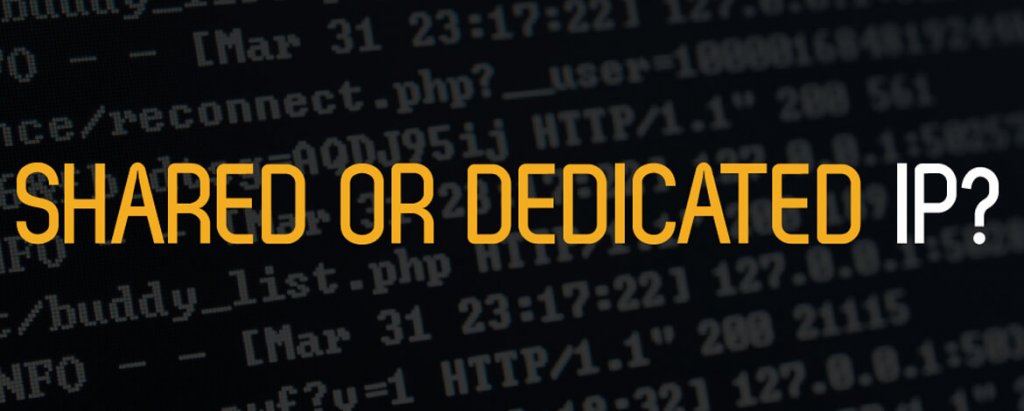Inbox placements and email deliverability are highly governed by IP reputation which makes the decision to use a shared or dedicated IP address, of paramount importance. Such a solution is dependent on a variety of variable factors that change with every business entity and thus must be well considered. The size and situation of a business during its life cycle controls the email campaign variables such as email sending volume, sender reputation, etc. which together can factor in the IP address decision for your email marketing purposes!
Let us walk through a table that depicts the details about email sending from shared and dedicated IPs and what are they better suited for, as what works for one may not work so well for the other:
|
Point of View |
Shared IP Address |
Dedicated IP Address |
|
Meaning |
An IP that is shared by multiple senders as the word itself suggests, i.e. a pool of companies practicing email marketing using the same IP. |
An IP used by a single sender that is dedicated towards the company only. In this case the sender must set up their dedicated IP with the email marketing vendor. |
|
Cost |
These are comparatively less expensive as it is a shared expense where in your email marketing vendor spreads out the cost of the IP across every customer who shares that IP with you. | Since the dedicated IP is required to be set up with the email marketing vendor, the recurring maintenance costs and the initial set up fees are to be borne by the company, making it expensive! If your emails can give you the ROI, it’s a choice made in heaven! |
|
Email Sending Volume |
ISPs vouch for a decent amount of consistent email sending volume before they allow your emails to reach your recipients’ inboxes. Since the IP is shared, all the emails sent from a pool of companies would sum up to a higher sending volume, hence opt for it if the flow of emails is not regulated or consistent; saving you the trouble of warming an IP. | Since ISPs vouch for a decent email sending volume before inbox placement, you will be required to send out enough email to maintain a good reputation with the ISPs. Opt for a dedicated IP if your email campaigns shall have consistent and large email sending volume; to establish your company as a spam-free sender. |
|
List Cleanliness |
If your email lists are not regularly cleaned and your bounce rates are on an all-time high, shared IP may be a better option for you to take the benefit of good email sending practices of others on the same IP. Also, ESPs stay proactive about list cleanliness with the establishment of import rules. | List hygiene must be on the top most priority if you plan to opt for a dedicated IP which is generally a lot of email sending responsibility. All unsuccessful deliveries and unsubscribes must be regularly removed from your email database. |
|
IP Reputation & Sending Practices |
Your shared IP reputation is generally determined by email sending practices of the pool of companies using that IP. ESPs typically monitor their servers in order to track poor sending practices which could hurt everyone else’s deliverability. So, it’s a trade-off, a risky one! | Handling reputation of a dedicated IP can be critical as one needs to employ honest and clean sending practices like list hygiene, following CAN-SPAM regulations etc. However, since it’s a dedicated IP, your emails shall not get grouped with other less diligent senders and therefore ensures better Inbox placement, provided you follow the holy rules of ISPs. |
|
The ISPs may block your IP too! |
If ISPs decide to block the shared IP of Co. A due to Co. B’s poor sending practices, Co. A shall lose its well established shared IP in the process. Most of the ESPs have strict rules for importing subscribers and such a situation is thus less likely; however must always be vouched for! | As dedicated IPs are costly and involve responsible email sending practices, any mistake or deliberate malpractices will cost you the IP itself, you will be banned for good. This will also hurt your domain’s reputation. |
|
Steps once you have decided which one to go with? |
Clarify the below from your ESPs once you have decided to opt for a shared IP:
|
Clarify the below from your ESPs once you have decided to opt for a dedicated IP:
|
Analyze your email sending needs & practices based on the above table, and decide on which type of IP address would suit you best!!
